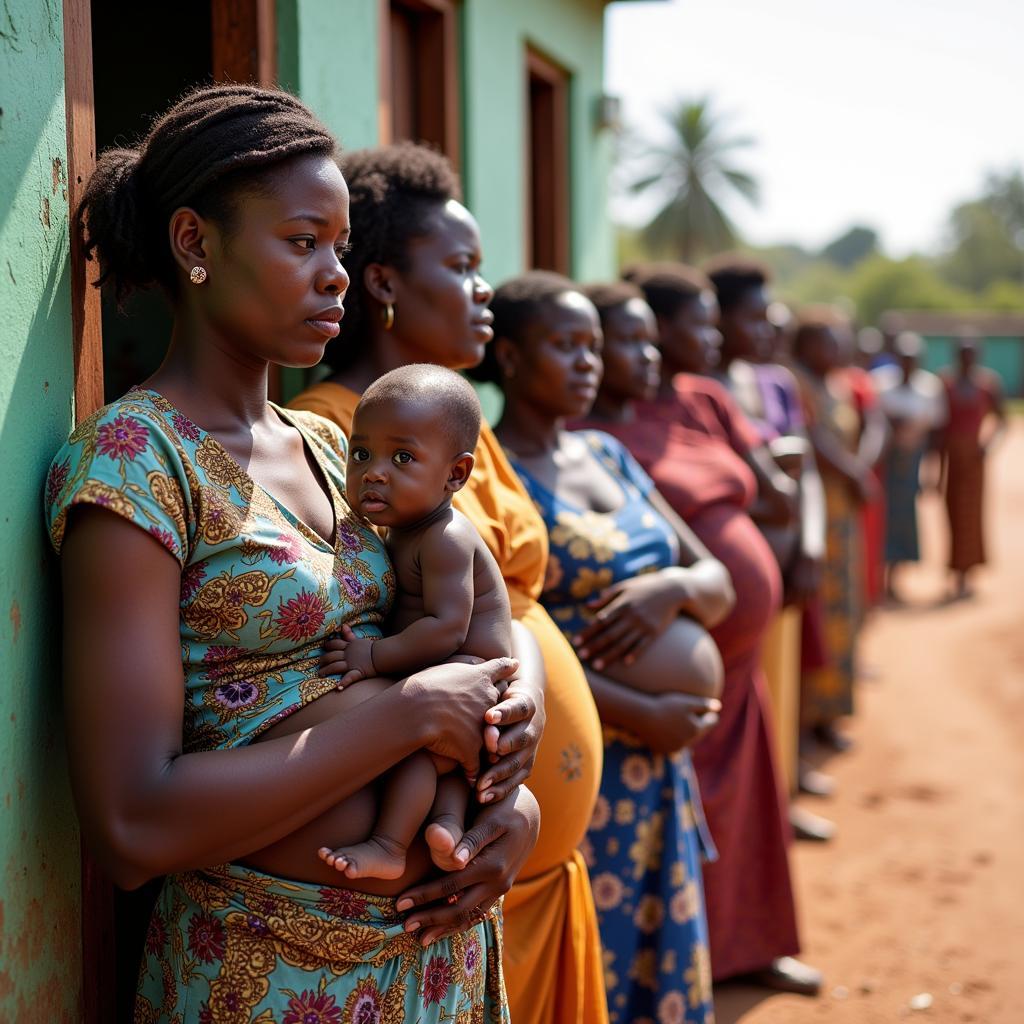African Americans Infected with HIV in America
African Americans are disproportionately affected by HIV in America. This stark reality demands attention, understanding, and action. This article explores the factors contributing to this disparity, the challenges faced by those living with HIV, and the ongoing efforts to address this critical public health issue.
Understanding the Disparities in HIV Infection Rates Among African Americans
Several interconnected factors contribute to the higher rates of HIV infection among African Americans compared to other racial and ethnic groups in the United States. These factors are complex and often intertwined, highlighting the need for a multifaceted approach to prevention and treatment.
-
Socioeconomic Factors: Poverty, limited access to quality healthcare, and lack of education play a significant role. These factors can create barriers to preventative measures, testing, and treatment. Furthermore, unstable housing and food insecurity can exacerbate existing health issues and increase vulnerability to HIV.
-
Stigma and Discrimination: Stigma surrounding HIV and AIDS within some communities can prevent individuals from seeking testing or disclosing their status, hindering access to care and support. Discrimination can also limit access to employment, housing, and other essential resources, further marginalizing those living with HIV.
-
Healthcare Access: Unequal access to quality healthcare, including preventative services like PrEP (pre-exposure prophylaxis) and timely diagnosis and treatment, contributes significantly to the disparity. Addressing systemic barriers to healthcare access is crucial in reducing new infections and improving outcomes for those living with HIV.
-
Higher Prevalence within Specific Communities: The higher prevalence of HIV within certain social networks and geographic areas can increase the risk of exposure for individuals within those communities. Targeted interventions and community-based programs are essential in addressing these localized disparities.
Addressing the Challenges Faced by African Americans Living with HIV
Living with HIV presents numerous challenges, many of which are amplified for African Americans due to the aforementioned social and economic disparities.
-
Mental Health: The emotional burden of living with HIV, compounded by stigma and discrimination, can lead to mental health challenges such as depression and anxiety. Access to mental health services is crucial in supporting individuals’ overall well-being.
-
Treatment Adherence: Maintaining consistent adherence to antiretroviral therapy (ART) is vital for managing HIV and preventing transmission. However, factors such as medication side effects, cost, and access to healthcare can create barriers to adherence.
-
Social Support: Strong social support networks are essential for individuals living with HIV. However, stigma and fear of disclosure can make it difficult for individuals to seek support from family, friends, and community members.
The Role of Community Organizations and Public Health Initiatives
Community-based organizations and public health initiatives play a critical role in addressing the HIV epidemic within African American communities.
-
Targeted Prevention Programs: Programs specifically designed to address the unique needs and challenges faced by African Americans are essential in reducing new infections. These programs often incorporate culturally relevant messaging and community engagement strategies.
-
Increased Testing and Access to Care: Expanding access to free and confidential HIV testing, as well as linking individuals to quality healthcare services, is crucial in early diagnosis and treatment.
-
Combating Stigma and Discrimination: Public awareness campaigns and community dialogues can help reduce stigma and discrimination surrounding HIV, creating a more supportive environment for those living with the virus.
What is the Impact of HIV on African American Families?
The impact of HIV on African American families can be profound, affecting not only the individual living with the virus but also their loved ones. The emotional, financial, and social ramifications can be significant, and addressing these challenges requires a comprehensive and compassionate approach.
How can I support a loved one living with HIV?
Supporting a loved one living with HIV involves offering emotional support, understanding their challenges, and helping them access necessary resources. Open communication, education about HIV, and reducing stigma within the family are crucial steps.
Conclusion
The disproportionate impact of HIV on African Americans in America demands ongoing attention and action. By understanding the complex factors contributing to this disparity and implementing targeted interventions, we can work towards a future where all individuals have access to prevention, care, and support. Addressing this public health crisis requires a collaborative effort from individuals, communities, healthcare providers, and policymakers alike. Continued focus on education, prevention, testing, and treatment, along with reducing stigma and addressing social determinants of health, is crucial to making progress against HIV/AIDS in the African American community.
FAQ
- What is PrEP?
- How can I get tested for HIV?
- What are the symptoms of HIV?
- Is there a cure for HIV?
- How is HIV transmitted?
- What resources are available for people living with HIV?
- How can I help reduce HIV stigma?
Scenarios
- A young African American woman is hesitant to get tested for HIV due to fear of stigma within her community.
- An African American man living with HIV struggles to afford his medication.
- An African American family grapples with the diagnosis of a loved one.
Suggested Further Reading
- HIV/AIDS Prevention and Treatment Resources
- Understanding HIV Stigma and Discrimination
- The Impact of Social Determinants of Health on HIV
If you need further assistance, please contact us: Phone Number: +255768904061, Email: kaka.mag@gmail.com, or visit our office at Mbarali DC Mawindi, Kangaga, Tanzania. We have a 24/7 customer service team.

